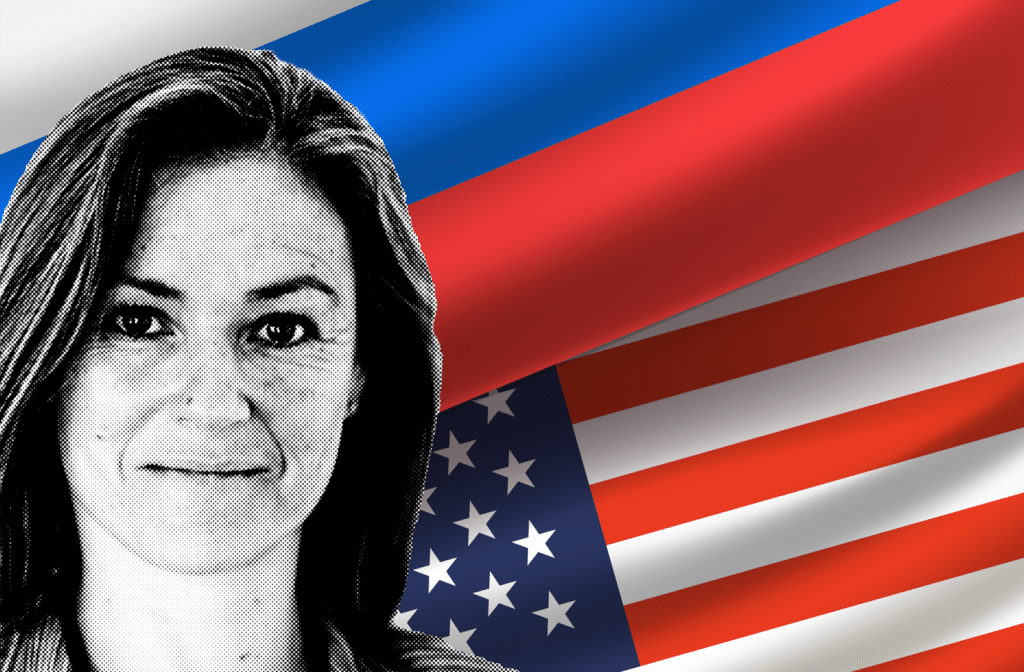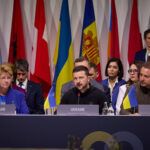Biden in Geneva: Strategic stability is a conduit for arms control
By Sharon Squassoni | June 17, 2021

This article is part of a collection of expert commentaries on the Biden-Putin summit held in Geneva on June 16, 2021. To read other articles in the collection, click here.
The agenda of the bilateral summit between Presidents Joe Biden and Vladimir Putin was jam-packed: strategic stability, cyber threats, human rights, Afghanistan, Syria, the Arctic, and more. It was no surprise, however, that the sole joint statement issued was on the topic of strategic stability. This is perhaps one of the few areas where US and Russian interests do and must converge.
The statement was brief and to the point: The United States and Russia share the three goals of enhancing strategic predictability, reducing the risk of armed conflicts, and reducing the threat of nuclear war and, to that end, will embark on “a deliberate and robust” dialogue on strategic stability that will lay the groundwork for future arms control and risk reduction measures.
The inclusion of the Reagan-Gorbachev statement that a nuclear war cannot be won and must never be fought, which at the height of the Cold War was needed and significant, shows just how far strategic relations have deteriorated.
It was important for Biden to highlight that the United States and Russia share a “unique responsibility to manage the relationship between two powerful and proud countries—a relationship that has to be stable and predictable.” This nod to Russia’s status as a powerful nuclear-armed country apparently resonated with President Putin, who told the press that the meeting was “fruitful overall,” suggesting it was “meaningful, concrete and…held in a results-driven atmosphere.” Putin generously offered to the press that there were “flashes” of trust, referring to Leo Tolstoy’s admonition that there is no true happiness, only flashes of it in one’s life. Meanwhile, Biden separately suggested that trust didn’t enter into the equation.
Perhaps most important for arms control watchers were Biden’s comments to the press about the need to work on a mechanism “that can lead to control of new and dangerous and sophisticated weapons that are coming on the scene now that reduce the times of response, that raise the prospects of accidental war.” This statement suggests that he means business when it comes to the strategic stability dialogues. These are not a substitute for arms control, but rather a conduit.
Putin’s closing remarks to the press suggested he too might be interested in further arms reductions. In response to a Radio Canada journalist’s request for a simple story to tell her 9-year-old daughter, Putin said she could say that “the world’s two largest nuclear powers are meeting to make this world a safe, reliable, and prosperous place for all people on this planet. They will discuss the matters of horrible weapons, which we need to scale down and to coordinate common non-use terms.” Of course, he also suggested that the two leaders would also try to solve the threats of environmental damage, hunger, and healthcare, but that’s a fairy tale perhaps for the next summit.
This article is part of a collection of expert commentaries on the Biden-Putin summit held in Geneva on June 16, 2021. To read other articles in the collection, click here.
Together, we make the world safer.
The Bulletin elevates expert voices above the noise. But as an independent nonprofit organization, our operations depend on the support of readers like you. Help us continue to deliver quality journalism that holds leaders accountable. Your support of our work at any level is important. In return, we promise our coverage will be understandable, influential, vigilant, solution-oriented, and fair-minded. Together we can make a difference.
Keywords: Biden, Putin, Russia, United States, nuclear weapons
Topics: Nuclear Risk, Nuclear Weapons, Opinion















